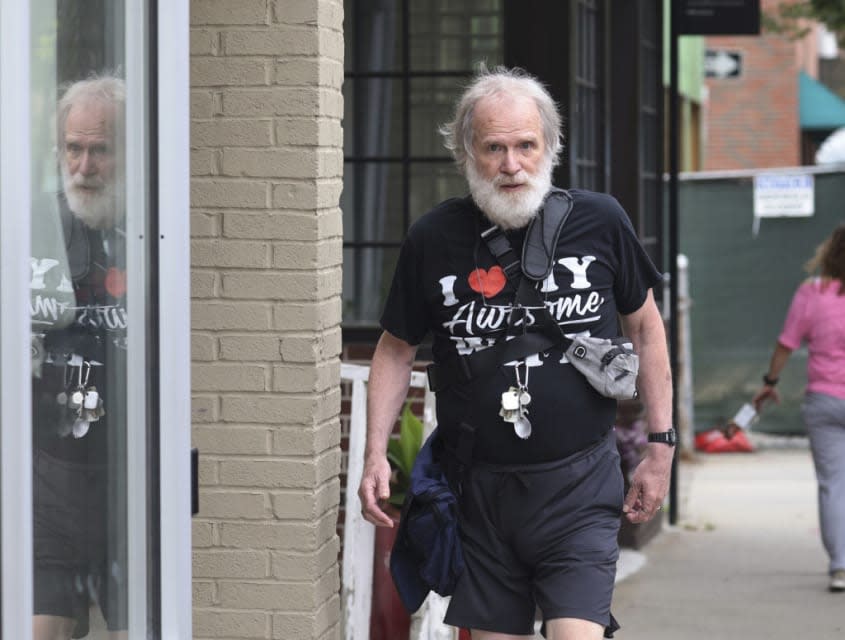Top suspect in transformative 1982 cyanide-laced Tylenol murders dies uncharged

The top suspect in a rash of unsolved 1982 murders in Chicago involving cyanide-laced Tylenol capsules died at his home in Cambridge, Massachusetts, on Sunday, police said Monday. The poisoned Tylenol, which killed a 12-year-old girl and six other people over three days, led to a panicked nationwide recall and an overhaul of over-the-counter drug safety rules, including the introduction of tamper-resistant packaging and substitution of tablets for capsules.
James W. Lewis, 76, was charged and convicted of attempting to extort Tylenol maker Johnson & Johnson after he confessed to sending the company a letter demanding $1 million to "stop the killing," and he gave the FBI a detailed account of how the killer might have put cyanide inside the painkiller capsules. But while he spent 12 years in prison for extortion charges, he was never charged in the murders.
Lewis said in a 1992 interview that he was trying to embarrass his wife's former employer with the extortion note and called the killer "a heinous, cold-blooded killer, a cruel monster." Investigators attempted to reopen the case several times, including as late as 2022. Along with the revived attempts to change Lewis with the Tylenol poisonings, police accused him of murder in Kansas City in 1978 and rape and kidnapping in Cambridge in 2004, though charges were dropped in both cases due to problems with evidence or the refusal of victims to testify, The Associated Press reported.
Helen Jensen, a nurse who helped treat the first victims at a suburban Chicago hospital in September 1982 and was one of the first people to figure out that drug bottles had been tampered with, told AP on Monday that she hopes Lewis' death brings some closure to the families of the victims. Lewis "changed the world because of what he did," she told AP. "We lost our innocence," Jensen added. "We have become less trusting of everyone else. We can blame it all on him. . . . He was a terrorist and we have suffered from his terror for 40 years."
An investigation found nothing suspicious about Lewis' death on Sunday, Cambridge police said.
You may also like
Florida construction and agricultural workforces diminished after new immigration law takes effect
Judge limits how Biden officials can communicate with social media companies
How solar and wind energy are saving Texans from a record heatwave

